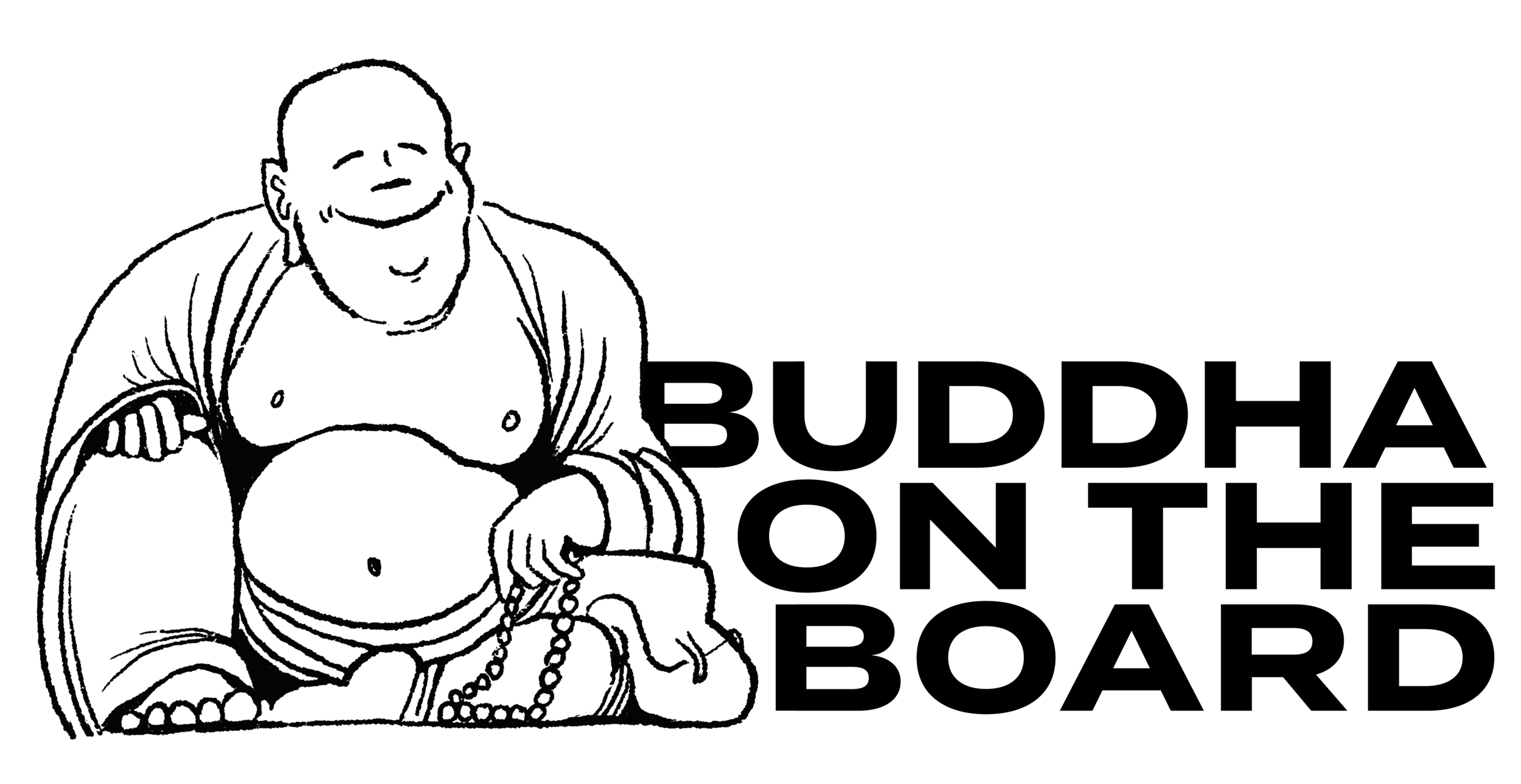Signals Speak Louder Than Words
You are related to a worm.
A long, long time ago you and the worm were the same. A bundle of cells responding to signals - be they chemicals, energy, light - in the earth around you.
Things have changed. Now look at you? So complex, so intelligent, so successful! Well done.
Yet, in many respects, are we so different?
We are still slaves to the same genetic programming. We still respond to cues and signals. We call them incentives, but they work the same way, for the same reasons.
Ask an employer and they’ll tell you incentives are money. This is partly true. But take a moment to dive into Dan Pink’s excellent Drive and a bigger world will reveal.
Our fizzing, buzzing biological beings are alive in search of signals to respond to. These signals shape what we do and how we think, feel and respond.
These signals remain largely unseen. But they are known - viscerally. We respond to them individually, we respond to them collectively. Our organisations are, in many respects, the sum of the signals sent, whether intentionally or otherwise.
And yet they are largely ignored or ill considered.
Many CEO’s believe their organisations are intentionally designed. Yet more often they are an accidental consequence of the signals sent.
Individually, emotionally, personally we believe these signals. We know them to be true. When the message they send - the behaviour they encourage - is it at odds with the words we hear, a little bit of trust dies. And this is happening all the time.
Take the likes of Larry Fink talking about the importance of social purpose in business, in a stakeholder first approach. Or take almost any company which invests in telling a story of purpose. The Board commissions the marketing department to craft a purpose. This is then writ large on walls and buildings. People are urged to believe.
This purpose might talk to something grand and hopeful and helpful and, increasingly, social.
Yet the signals tell a different story. The signals encourage competition, among colleagues and the market at large. The signals tell us that finance is the important measure. The signals tell us that to progress we need to act, think and behave in certain ways.
Like Nestle. They’re big and, some might believe, brutal. The efficient superpower exchanging baby powder milk for mega returns. But how can the old structures, the old ways of thinking and doing, the old perspectives, marshal in a new dawn? Does the Board look or feel different now? How is the pursuit of profit and virtuosity, as the New York Times writes, actually incentivised? Or, are the old incentives at play, but overlaid with new words? Do they say one thing but, really, do another (vegan burgers aside)?
Organisations are the sum of the signals sent - to their employees, to customers, clients, partners, to the market at large. These tell a much more profound story than words writ large inside a headquarters building.
And businesses will only shift to more social, to more purposeful endeavours when the incetives are aligned.
Who’s on the Board?
How do employees know they’ve done a good job?
How is success measured?
Who is promoted, when and how chosen?
Purpose isn’t something which can be added later.
If the words don’t align to the signals sent, you’re moving further away from trust.
